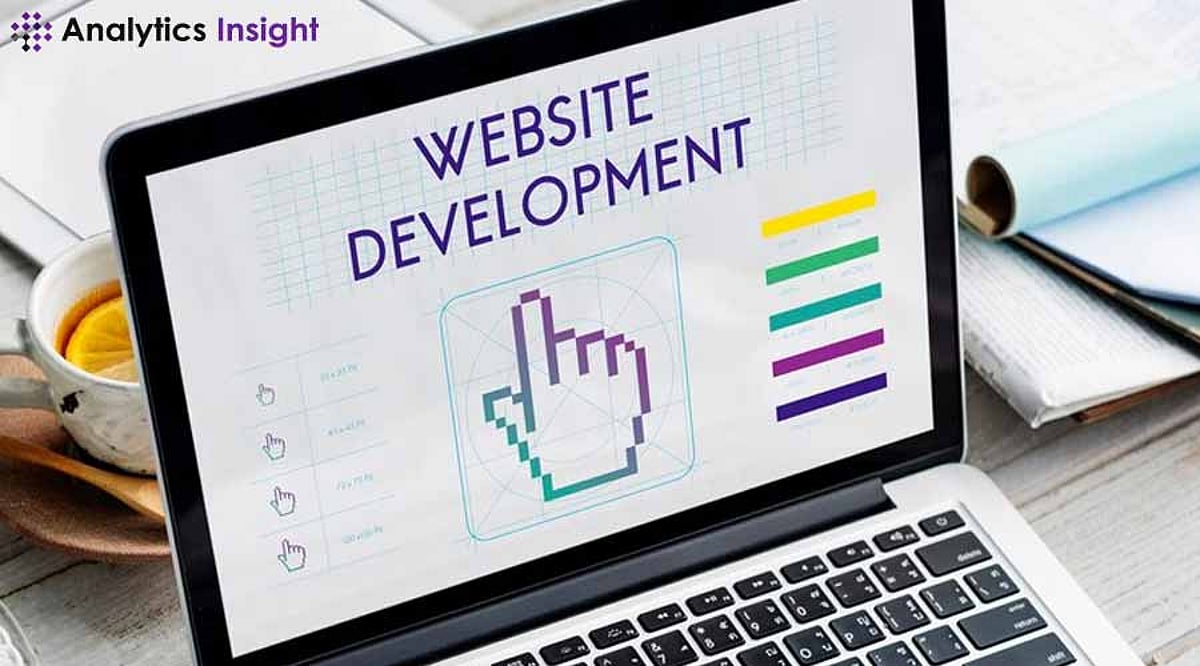AI-Powered Website Builders: Real Results or Empty Promises?
As the debate over AI-powered website builders continues, many are questioning whether they deliver real results or just empty promises. Some users are reporting positive outcomes, citing increased efficiency and improved design capabilities. However, skeptics argue that the technology still falls short in providing truly customizable and unique websites. The ongoing discussion highlights the need for further research and user feedback to determine the true value of AI in website building.

The Impact of Artificial Intelligence on Web Development
Artificial intelligence (AI) has reshaped various industries, including web development. AI-powered website builders now claim to simplify the creation of websites with minimal effort and maximum speed. These tools promise efficiency, personalization, and cost-effectiveness. This article analyzes their actual performance and explores whether these platforms truly deliver results or simply overpromise.
How AI Website Builders Work
Website builders powered by artificial intelligence rely on intelligent algorithms to automate web design and development. These platforms collect user inputs—such as industry type, brand colors, content needs, and layout preferences—and generate tailored websites. The software handles layout creation, content suggestions, and even image placement without requiring any coding knowledge. The goal remains clear: make web design accessible and efficient.
Key Features of AI Website Builders
- Automated Design Generation: AI systems create layouts and templates based on predefined patterns and user data.
- Content Generation: Some builders include tools that write headlines, product descriptions, and even blog posts using natural language processing.
- Responsive Design Optimization: The software ensures the website works seamlessly on all devices—smartphones, tablets, and desktops.
- SEO Optimization Tools: AI recommends keywords, tags, and metadata to increase visibility on search engines.
- Behavior-Based Recommendations: Advanced builders track visitor interactions and suggest layout or content changes to boost performance.
Effectiveness of AI Website Builders
To determine the effectiveness of AI website builders, several factors require evaluation: speed, usability, scalability, and flexibility.
Speed and Convenience
AI builders allow users to publish fully functional websites in under an hour. Many platforms only ask a few questions before generating a ready-to-edit site. This speed proves valuable for businesses needing quick online presence.
Cost Savings
Businesses save thousands in developer fees. AI tools offer subscription-based pricing models that suit startups, freelancers, and small businesses.
Ease of Use
Drag-and-drop interfaces, intuitive dashboards, and step-by-step guidance enable anyone to design websites without any coding or design background.
Automation
AI handles technical tasks—like mobile responsiveness, image resizing, and content formatting—without user intervention.
Customization Limits
AI-generated websites often follow templated formats. Businesses needing unique layouts or advanced features struggle with inflexible frameworks.
Design Genericness
Several platforms produce websites that look similar. Without manual intervention, the final product may lack brand identity and visual uniqueness.
SEO and Content Accuracy
AI-written content lacks emotional nuance and sometimes misses contextual relevance. Poor content can hinder SEO performance and reduce audience engagement.
Limited Scalability
Many platforms do not support advanced integrations or backend customizations. Growing businesses often outgrow these tools.
Major Players in AI Website Building
Each platform offers unique features targeting different user bases. Here’s a breakdown of major players in the space:
Wix ADI (Artificial Design Intelligence)
Wix allows users to answer a series of questions. Based on responses, the system builds an industry-specific site. It includes pre-set layouts, colors, and content. Though efficient, it limits deep customization.
Jimdo Dolphin
Jimdo’s AI tool emphasizes simplicity. It asks a few questions about the user's business and goals. Within minutes, it delivers a ready-to-edit website. However, Jimdo lacks advanced features for complex designs.
Hostinger Website Builder
This platform combines AI content generation and layout tools. Hostinger attracts beginners with its simple interface. It suits portfolios and small online stores but doesn't offer broad plugin support.
Durable AI Website Builder
Durable markets itself as a tool for freelancers and service businesses. It generates websites in 30 seconds using AI. While it performs well for basic setups, customization remains limited.
User Feedback and Performance Metrics
Users have shared diverse opinions across review platforms and forums.
Positive Feedback
Small business owners appreciated the quick turnaround. Users highlighted the drag-and-drop features and content prompts as time-savers. One user managed to publish a full site in under one hour without hiring a developer.
Critical Observations
Frequent complaints pointed toward limited personalization. Users trying to represent strong brand identities found the templated structure too restrictive. Design-conscious individuals expressed frustration with a lack of unique aesthetics.
Performance Metrics
AI-optimized websites showed solid performance in speed and mobile responsiveness. However, SEO reports revealed mixed outcomes depending on the quality of AI-generated content and site structure.
Future of AI Website Builders
AI website builders cater to those prioritizing speed, cost, and simplicity. They excel at creating landing pages, service-based websites, and MVPs for new businesses. In contrast, traditional web development offers custom-built solutions tailored to complex needs.
AI website builders will continue to evolve rapidly. As machine learning improves, these platforms will better understand context, emotion, and brand tone. Future versions may offer deeper customization, better design diversity, and smarter SEO tools.
AI will likely never replace human creativity, but it will continue to enhance and accelerate the process. Businesses that understand how to blend automation with strategy will benefit the most. AI-powered website builders provide real benefits to users seeking speed, efficiency, and affordability.
However, these tools still fall short in areas like uniqueness, scalability, and creative flexibility. For straightforward needs, AI builders work remarkably well. For complex digital experiences, professional developers still lead the way. The decision depends on business goals, growth plans, and how much creative control the project demands.
AI website builders deliver results, but only within the scope of what they currently offer. Understanding those boundaries remains essential for making the right choice.

